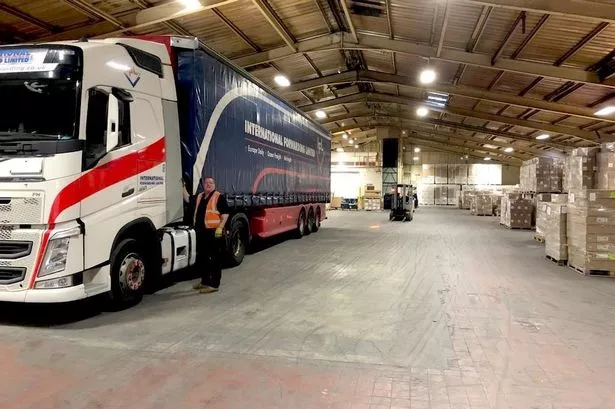In the fast-paced landscape of modern business, efficient and intelligent storage solutions have become the linchpin for success. The traditional approach to warehousing is undergoing a revolutionary transformation, propelled by advancements in technology, data analytics, and automation. Smart warehousing is emerging as the cornerstone of this transformation, promising unprecedented efficiency, cost-effectiveness, and agility for businesses across industries. At the heart of smart warehousing is the integration of cutting-edge technologies such as Internet of Things IoT, Artificial Intelligence AI, and robotics. IoT devices, embedded in storage facilities, enable real-time tracking and monitoring of inventory, providing businesses with a granular understanding of their stock levels and distribution patterns. This real-time data empowers businesses to make informed decisions, optimize supply chains, and respond swiftly to market fluctuations.

Artificial Intelligence plays a pivotal role in the smart warehousing ecosystem. Machine learning algorithms analyze historical data, predict demand patterns, and optimize inventory management. This proactive approach minimizes the risk of stockouts or overstock situations, leading to significant cost savings and improved customer satisfaction. AI-driven predictive maintenance also ensures that equipment and machinery in the warehouse are efficiently managed, reducing downtime and operational disruptions. Robotics, another key component of smart warehousing, enhances operational efficiency and reduces manual labor. Automated guided vehicles AGVs navigate through the warehouse, picking and transporting goods with precision and speed. Collaborative robots, or cobots, work alongside human employees, handling repetitive tasks and allowing workers to focus on more complex and value-added activities. This harmonious interaction between humans and machines not only boosts productivity but also creates a safer and more ergonomic working environment. The implementation of smart warehousing goes beyond technology; it involves a fundamental shift in the mindset of businesses towards data-driven decision-making.
Cloud computing facilitates seamless data storage and accessibility, enabling businesses to harness the power of big data for strategic insights. Advanced analytics tools provide actionable intelligence, helping businesses optimize inventory levels, streamline logistics, and enhance overall operational efficiency. Moreover, warehousing in Birmingham smart warehousing contributes to sustainability efforts by minimizing waste and reducing the environmental footprint of logistics operations. Optimized routes, energy-efficient systems, and waste reduction strategies not only benefit the bottom line but also align with the growing demand for environmentally responsible business practices. the era of smart warehousing represents a paradigm shift in how businesses manage their storage and logistics operations. By harnessing the synergies of IoT, AI, and robotics, companies can unlock new levels of efficiency, agility, and cost-effectiveness. Embracing smart warehousing is not just a technological upgrade; it is a strategic imperative for businesses looking to thrive in the dynamic and competitive landscape of the modern era.
